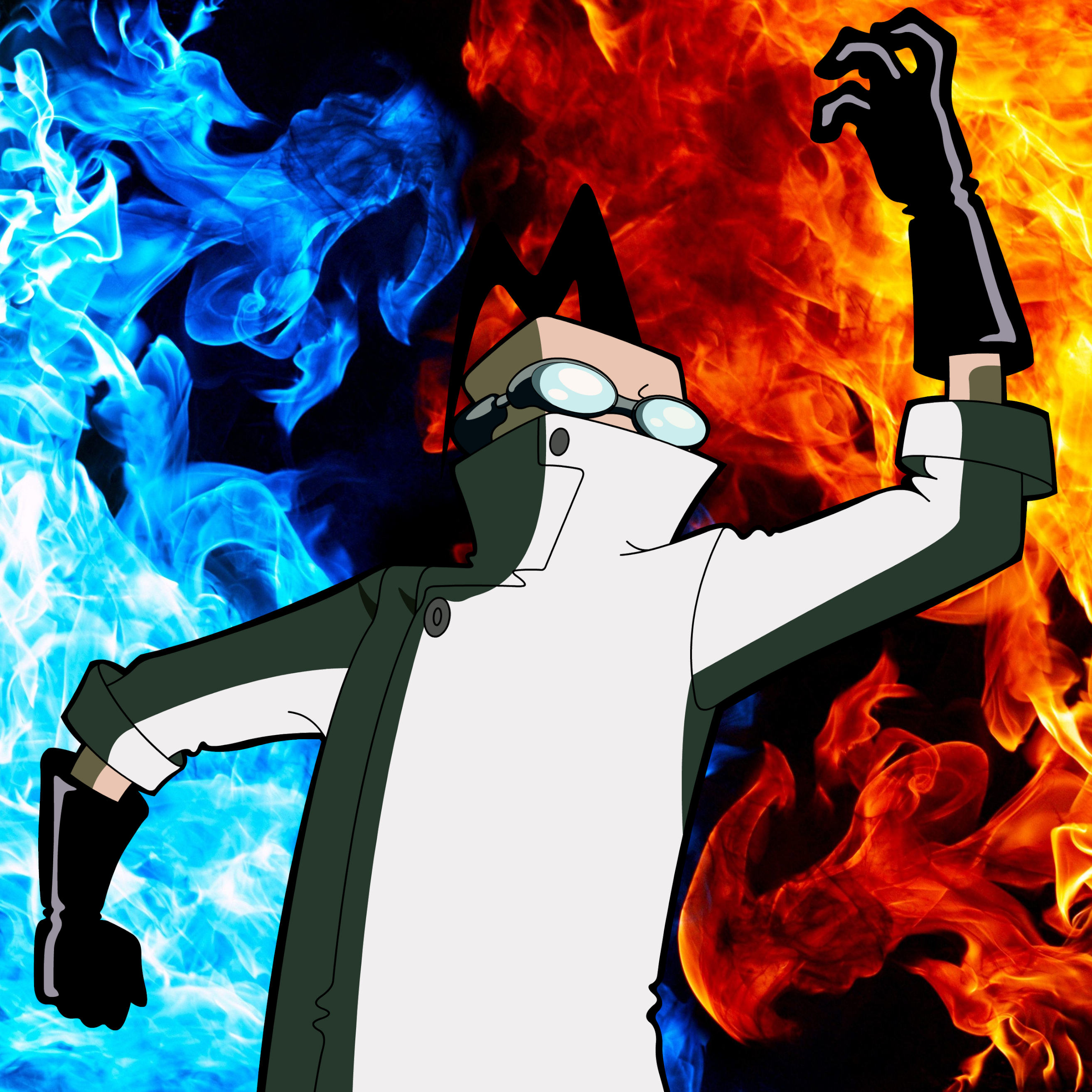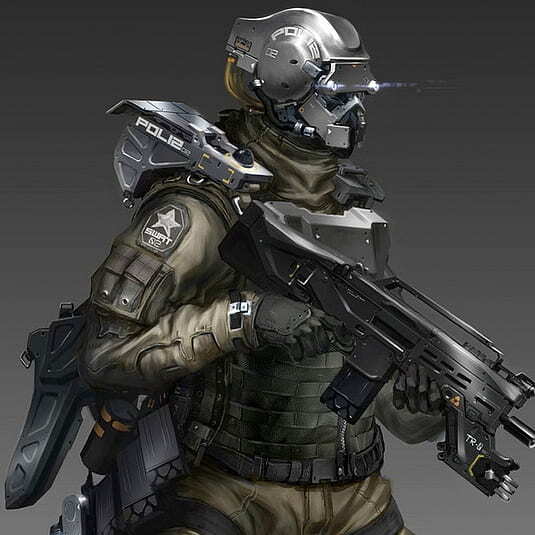A Spark in the Dark
In a universe constrained by the absolute speed of light, we, the Shrill, are the oldest and most powerful beings within our local light cone. We allow no one to rise before us. Any spark we discover in the endless dark is extinguished before it becomes a blazing fire. So when we received another powerful radio signal seeking friendship, we knew what we had to do.
Eliminate the source.
This may sound brutal, but it has ensured our continued existence for over 10,000 years. The rules of the game are simple: anyone who makes the universe aware of their presence is a valid target. My people have maintained perfect radio silence throughout our existence. To the universe, we do not exist except when we strike. In the dark forest of the universe, the tiniest sparkle becomes a target for everyone.
The nearest industrial outpost to the new signal was the lush farm world of Spica 3, a mere [twelve light years] away. We immediately initiated construction of a relativistic kill vehicle while analyzing the star system from which the signal originated. It was a triple star system, with two stars closely orbiting—a yellow main star and an orange dwarf—along with a red dwarf orbiting at a considerable distance. The signal emanated from a small planet orbiting the red dwarf. It was an unlikely discovery, as life typically does not thrive on these types of worlds. Nevertheless, we had a duty to fulfill.
[16 years] later, the relativistic kill vehicle (RKV), weighing [one megaton], was completed and began accelerating to 12% of the speed of light, primed to strike the target in approximately [100 years]. Throughout this time, the radio signal persisted, continuing to seek friendship. Once the RKV reached its destination, the transmission abruptly ceased. The planet vanished from our sensors, and the signal went silent.
[24 years] later, Spica 3 suddenly exploded. The world, with its population of 12 billion, was obliterated, reduced to a cloud of ash and debris. Before we could comprehend what had happened, we received another radio signal, once again asking for friendship. It originated from the same star system and the same planet, which was now orbiting its star as if nothing had happened.
Panic swept through our civilization! Had we encountered our equals? Or worse, had we encountered our masters?
Half of our worlds, those closest to the signal, began constructing retaliation weapons. Over 200 RKVs were ready within [100 years]. We accelerated them to a breathtaking 40% of the speed of light, while our sensors meticulously studied the planetary bodies within the triple star system that had emitted the signals. In total, we identified 16 major planets, along with 100 smaller moons and asteroids. We decided to strike them all, leaving nothing to chance. The RKVs closed in, precisely timed. 250 years after the destruction of Spica 3, they annihilated the entire star system, except for the stars themselves.
We rejoiced. The enemy had been dealt with. No reasonably sized planetary bodies remained. The threat had seemingly been eliminated. No signals, no planets detected on our scanners. Tis was good.
However, 26 years later, the minor scientific outpost Remolo 17 vanished. One minute later, the city world of Tremolous 1 was transformed into molten slag. Three minutes later, no signs of life remained within the entire star system. Only a brief audio message from a patrol craft on its last reserves gave us a glimpse of what had occurred: dozens of near-light-speed projectiles had struck their targets without warning.
And the attacks continued. Every star system that had launched an RKV, every planet, every colony involved in the military operation vanished over the next 32 years. Our civilization had lost half of its worlds and population, with over 300 billion Shrill turned to dust.
And immediately after the attacks ceased, the radio message resumed, once again seeking friendship. To make matters worse, the planetary bodies we had believed to be obliterated reappeared on our sensors, one after another, within a matter of days.
We were genuinely terrified. This was beyond our comprehension. We had lost 30 garden worlds and hundreds of smaller settlements to an enemy that retaliated massively without showing any signs of their own losses. We realized that we couldn’t win this battle using our old tactics. We fell silent. And for the first time in history, we constructed an interstellar scout ship to investigate our enemy. Meanwhile, we focused our best sensors on the triple star system, to learn what we could learn.
After 120 years, our scout ship finally closed in on the star system. As expected, a couple of light weeks away, our ship was discovered. However, this time the “Others” didn’t ask for friendship; they demanded that the scout held its position and made contact. The crew, however, chose not to comply. They remained silent, took evasion maneuvers, and collected as much data as possible. And what they discovered was mesmerizing. The star system was constantly under attack from RKVs. In the month that our scout ship survived, it sent scans showing that the “Worlds” of the “Others” were being bombarded by over 2,000 RKVs from all around the galaxy. The “Others” had practically declared war on the entire galaxy, and they were winning.
Despite the relentless onslaught, the “Others” fought back with impunity and cold precision. We observed them using massive particle accelerators, each the size of a small moon, firing without pause. Before our scout ship went silent, it was able to map 50,000 projectiles being launched into the darkness at near the speed of light, bringing death to tens of thousands of worlds. Every single projectile aimed at the source of another hostile RKV.
It took us some time to comprehend what we had witnessed. The constant barrage of RKVs had no effect on the “Others.” The worlds struck by RKVs simply reappeared after a while. Our scout ship, being so close, finally understood what was happening. These planets were fake, mere facades made of thin iron foils rotating for stabilization. Holographic fields projected clouds, while emitters simulated atmospheric electromagnetic radiation. And we, foolishly, had revealed the positions of our own worlds by launching RKVs against empty fakes.
The “Others” had thought ahead of us. Instead of waiting for potential targets to stumble into a hateful hostile universe, they had politely requested their neighbors to reveal their positions and intentions.
And it worked astonishingly well. Some worlds chose not to respond to the request for friendship, and the “Others” left them alone. Other worlds responded and were greeted politely, treated like friends. However, those who dared to show aggression were swiftly eliminated from the galaxy.
We realized our own foolishness, the steep price we paid for our ways. This was a fight we should have never started. As we remained silent for more centuries, our scanners detected tens of thousands of worlds exploding all around us. We were fools to think we could destroy them. Throughout it all, they continued to send radio signals to us, requesting friendship. Yet, it took us another 400 years to gather the courage to respond to their message. With great caution, we relayed our response from an uninhabited star system.
Our message was simple:
Who are you?
Why are you sending a radio signal?
To our surprise, the response was not one of death and destruction. It was an equally simple answer:
We are Humanity.
We shout into the dark forest and await the response.
To distinguish friend from foe.
Which one would you like to be?


Oops, not only twice but V1 and V2 in the same post with formating broken.
Corrected